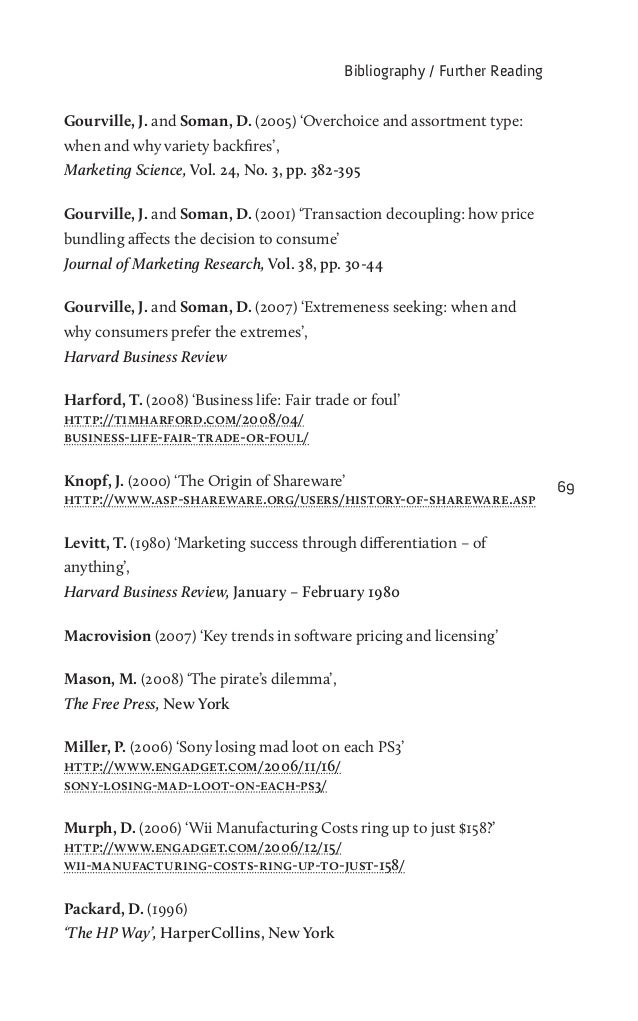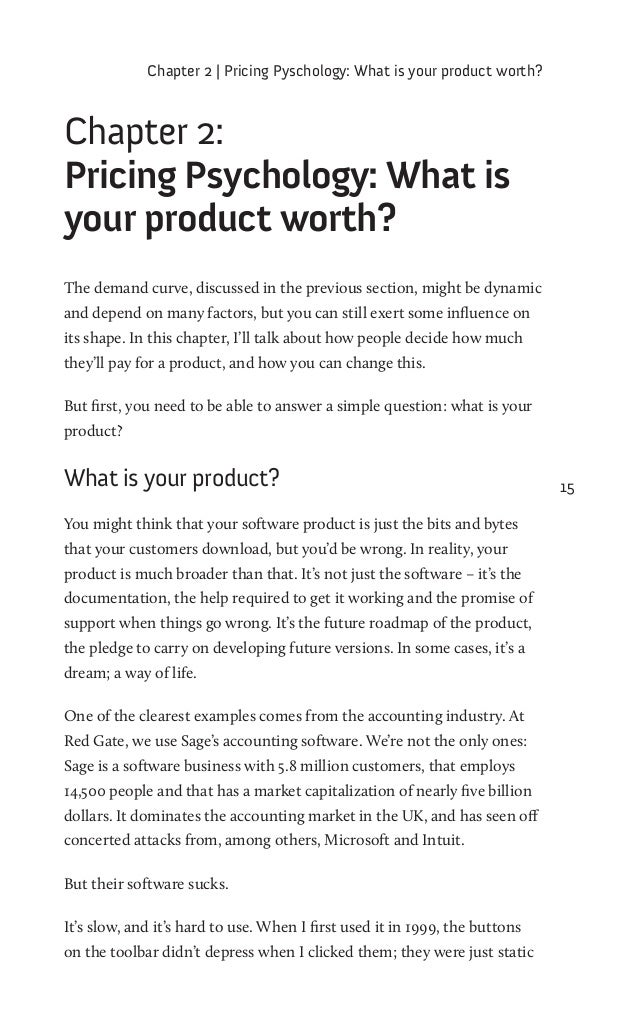
Sample Letter Completion Drug Treatment Program Free Software And Shareware
Encouraging a recruiter to read your resume comes down to having a good cover letter. The drug and alcohol counselor cover letter example provided and the tips below show you how to write just that. • Do not use your cover letter to repeat your resume. Use this opportunity to expand on your experience in a way the limited space of a resume doesn’t allow.
Jan 23, 2019 - Wells Fargo policies, guidelines, and programs. Feel free to contact the ER Solutions team if you need advice or help in. With locating local mental health and substance abuse treatment. Offer letter (external and internal hires). 877-479-3557), option 2, 3, 1, or by completing the Team Member. ALCOHOLISM AND SUBSTANCE ABUSE TREATMENT PROGRAM PROGRESS REPORT PLEASE PRINT I. Client Identification Client Name: Address. Drug Outpatient Methadone IV. Client Schedule (for Outpatients ONLY) Current Treatment Schedule: Days per week Hours per day. ALCOHOLISM AND SUBSTANCE ABUSE TREATMENT PROGRAM PROGRESS REPORT.
• Do use numbers whenever possible in your cover letter. Just like your resume, this shows an employer that you are results-oriented. One example would be your rate of retention among patients counseled. • Do not mention skills you don’t have, even to apologize for them.
You shouldn’t be drawing attention to your weaknesses when you want to highlight your strengths. • Do keep within a. While some creativity is a good thing, straying too far from the norm can look unprofessional and turn the reader off. • Do not eschew using templates for inspiration. You want to avoid having a cover letter that is too cookie-cutter, but you save yourself time when you have somewhere to start. Cover Letter Tips for Drug And Alcohol Counselor Finding jobs as a Drug And Alcohol Counselor takes persistence and determination.
To improve your efforts and simplify the task, check out the tips below. Explore your options. Keygen autocad civil 3d 2014 64 bits. In addition to occupations you’ve worked before, investigate new positions or similar work in related fields that your skillset may apply to. Don’t forget to network. In any industry, the people you know can be as important as the work you’ve done. Keep in touch with past coworkers and reach out to anyone else you happen to know in the field. Explore social media accounts.

Along with personal interactions, an established professional presence on social media sites can introduce you to potential employers and give them a sense of why they might want to hire you. Visit a job center. There are a number of job hunting resources that you may not be familiar with, which you can learn about from counselors at a local career center. Manage your stress levels.